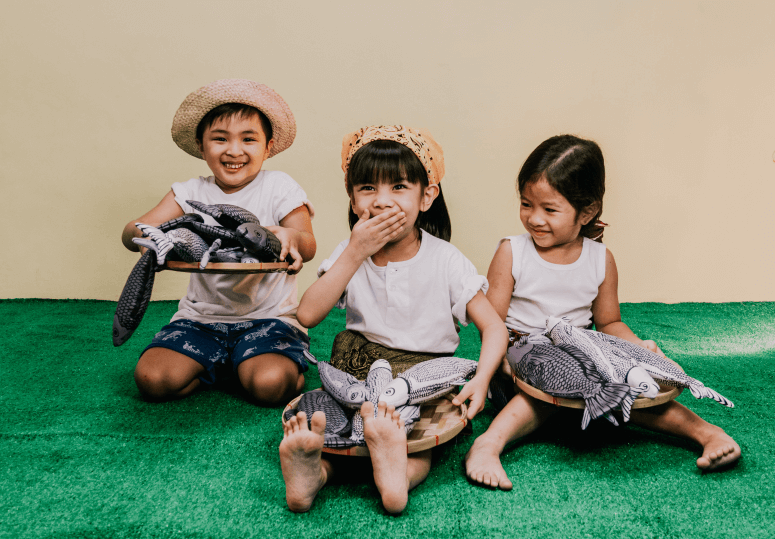#LifeLokal: How TenTwenty Kids creates toys that promote culture, sustainability
For TenTwenty Kids, toys have two important functions beyond being objects for children to play with. First, it should promote the Filipino culture, and second, it should have a dimension of sustainability.
The Binangonan-based manufacturer's insight is more resounding than ever. Toys mostly comprise cars, action figures, and miniature houseware that are not only heavily Western by design but are also primarily made up of plastic.
With that, TenTwenty Kids champions toys that pay homage to Philippine markets, like bayong, fish, and produce.
In an interview with PhilSTAR L!fe, TenTwenty Kids co-founder and chief toy maker Jamie Naval attributed this to her love of playing "tinda-tindahan" when she was young.
The trappings of her becoming an entrepreneur manifested in her student days, when she'd sell sheets of pad paper to classmates. During summer vacation, she'd sell ice candy and samalamig in front of their house.

"In college, I will be the one who will provide transportation services for class field trips by volunteering our family van or outsourcing from a bus company," Naval said. "I never really knew that these 'rakets' would lead me to the entrepreneurial journey that I am on right now."
Fast forward to today, what pushed Naval to co-establish TenTwenty Kids and stand out against global trends, considering that it is, apparently, an accidental venture? Here's the rest of our conversation with her.
What inspired you to start your brand?
Being a social entrepreneur is an accidental journey for me. By profession, I am a fashion and textile designer. I was originally looking for a textile recycling facility to process our accumulated textile scraps from clothing production. My quest to find one, however, was met with disappointment.
I also taught arts and crafts classes to kids. That's when TenTwenty Kids was born. These workshops were a hit. Needing more scrap fabrics for our workshops, we collaborated with brands, designers, and manufacturers, and came across mountains of fabric scraps.
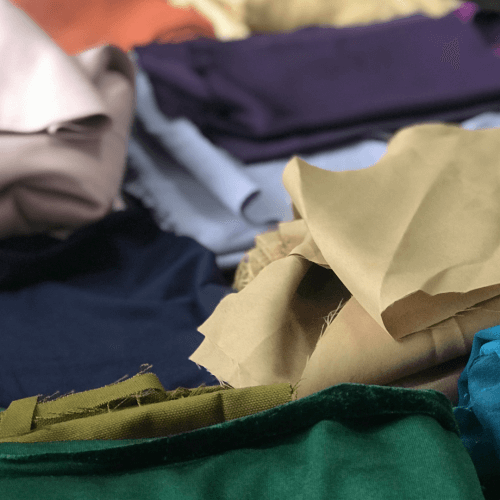
Since the amount of textile scraps kept on piling up, TenTwenty Kids became committed to expand the brand's environmental and economic impact.
Today, TenTwenty Kids works with Artisan-Nanays and Ates in Rizal to create sustainable educational toys and lifestyle products for kids. Our mission is to create, educate and advocate sustainability among children and their families.
What’s the story behind the brand’s name?
TenTwenty Kids takes inspiration from the Filipino childhood game involving Chinese garter. Aside from that, "10-20" also suggests a kind of exponential impact, which we're hoping to achieve with our products.
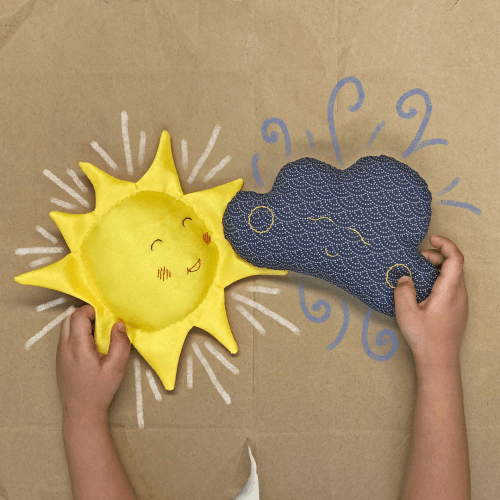
What obstacles did you face while creating your brand, and how did you overcome them?
Starting TenTwenty Kids in late 2019 at the brink of the pandemic was really a rollercoaster experience. We had a great retail market reception that immediately crashed in March when the lockdown was imposed. Sustaining our artisans' livelihood was our number one priority. Thus, we are grateful to have found wholesale clients here and abroad who helped us sustain the business.
From being solely retail, the business pivoted to doing wholesale manufacturing. We also created educational toys that can be utilized by parents for remote learning of their kids such as a days of the week banner.
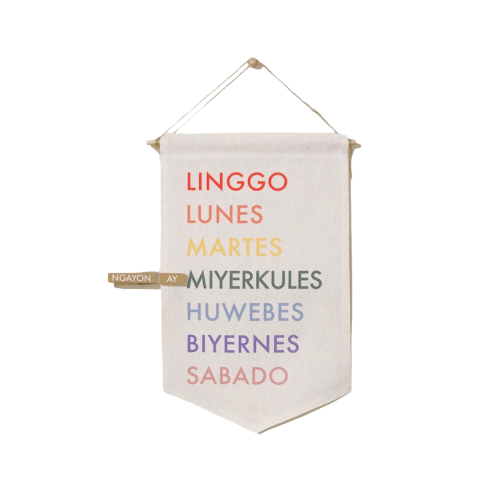
How does Filipino heritage/culture influence your brand values and identity?
When designing toys, we intentionally incorporate promoting sustainability and championing Filipino culture and craftsmanship. The very first collection we designed, Merkado, was made to promote buying local and supporting our local farmers and fishermen. We created a more sustainable and relatable luto-lutuan and tinda-tindahan experience for Filipino kids.
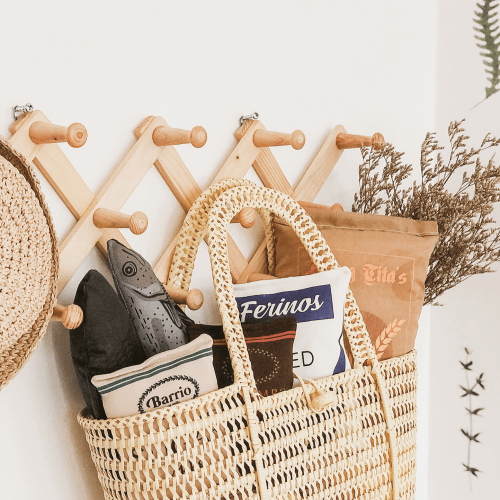
From the typical carrots, corn and steak you see in plastic cooking toys, we crafted bangus, tilapia, talong, labanos, and bigas from reclaimed textiles.
What role do you think social media plays in local businesses today?
Social media is an amazing tool to amplify not only our brand but also our advocacy, i.e., sustainability and climate education. It's also a great way to connect and know your customers better. In today’s age of immediate gratification, you can get quick feedback on your products to help you adjust and pivot.
How do you want your customers to feel when they're using your products?
We hope that our toys bring light and hope into their homes. May they feel and share the joy and love we had while crafting these products.
Most importantly, may our toys help them learn how to care and love for others and our planet.
